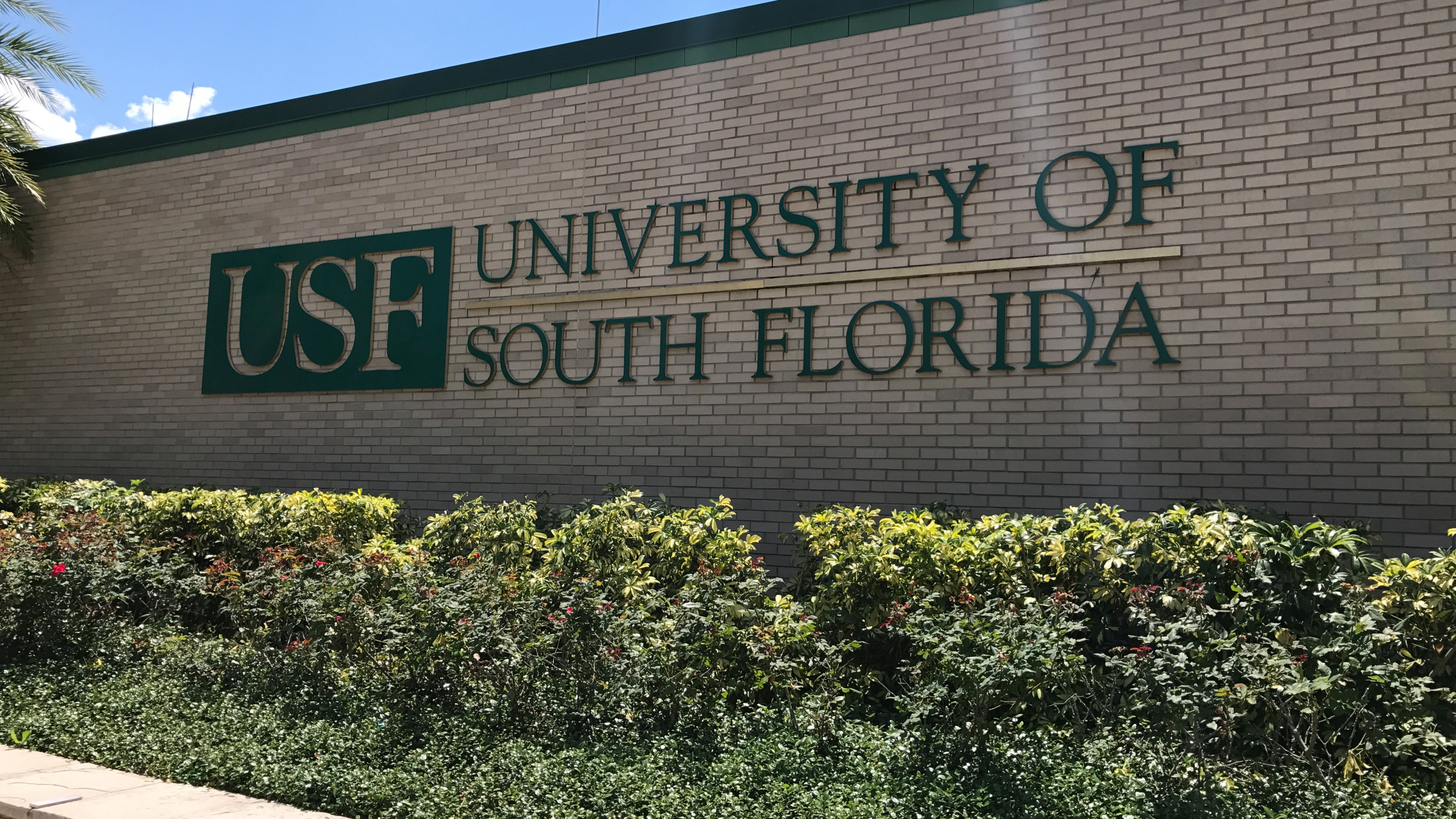USF awaits federal guidance on how to spend additional $17.4 million in CARES Act funds

USF has already started allocating $17.4 million of the $34 million Coronavirus Aid, Relief and Economic Security (CARES) Act fund that it received from the U.S. Department of Education on students. With half of the fund still left to distribute, the question remains: How does the university plan to utilize the other $17.4 million?
The answer is yet to be determined, according to university spokesperson Adam Freeman.
“USF has not determined how the additional $17.4 million from the CARES Act will be allocated,” Freeman said. “USF has not received that portion of the funds yet and we are waiting on guidance from the U.S. Department of Education regarding the use of the additional funds.”
The USF CARES Act FAQ said, “Institutions will be able to use these funds to cover costs associated with significant changes to the delivery of instruction due to the coronavirus.”
The federal government requires that 50 percent of the funding go toward students to alleviate any financial issues related to the COVID-19 pandemic and the other half of the CARES Act funding be used for institutional purposes.
Freeman said 5,825 students are expected to receive the first wave of funding.
“As of Tuesday afternoon, 3,710 [students] have already received it and we’re waiting on the other 2,115 students to fill out the required form before we can provide them with the funds,” Freeman said. “As of 4 p.m. Tuesday, 1,571 additional students have applied for funds and we expect that number will continue to grow.”
In the student town hall on April 28, Billie Jo Hamilton, the associate vice president of enrollment planning and management at USF, said the funding was equivalent to $6 million.
Vice President of Student Success Paul Dosal said in an email to students on April 27 that USF plans to hold back some of the funding for students during the summer and fall due to the unknown impacts of the pandemic.
Students who have not received funding can complete the CARES Act Student Emergency Aid form if they are eligible. The form can be found on the USF website.
USF received the fourth-highest aid from the CARES Act fund in Florida, ahead of universities like UF and FSU, which received around $31 million and $29 million, respectively, according to the U.S. Department of Education.
In the meantime, UCF received the fourth-highest CARES Act package in the country, with a total of $51,071,250 in total aid.
How the other Florida universities plan to delegate their funds is still not known as many are still waiting for official guidance. However, some institutions out of state have already started making plans.
Harvard, Princeton, Stanford, Virginia Polytechnic Institute and State University and Georgia State have a steady idea of how they will go about allocating the other half of the funds not required to be used as student aid.
Five universities have made up their minds on the funding.
Harvard rejected the $9 million it received from the federal government, as did Princeton and Stanford, according to CNN.
The Daily Pennsylvanian lists two other Ivy Leagues, the University of Pennsylvania and Yale University, who have also chosen not to keep the funds. The rejections came as the universities received backlash for taking funds, considering their expensive endowments, some in the billions.
The decision to reject the funds is not common. Many higher education institutions have accepted the money and are finding ways to distribute the funds among students as financial aid as well as throughout the university.
Virginia Tech is allocating half of its $19 million to fund emergencies the university has during this time period as they arise, according to the Virginia Tech Daily.
Georgia State is using half of its $50 million in funding to pay faculty and fix unforeseen damages in their yearly budget that COVID-19 caused as reported by Tim Bryant with the Athens News and Weather Station.







